 Skip to content
Skip to content

GPRC: The PR Agency Your Business Needs to Boost Visibility in Delhi NCR
December 5, 2024

Selecting Best PR Agency in Noida for the Success of Your Brand
December 3, 2024
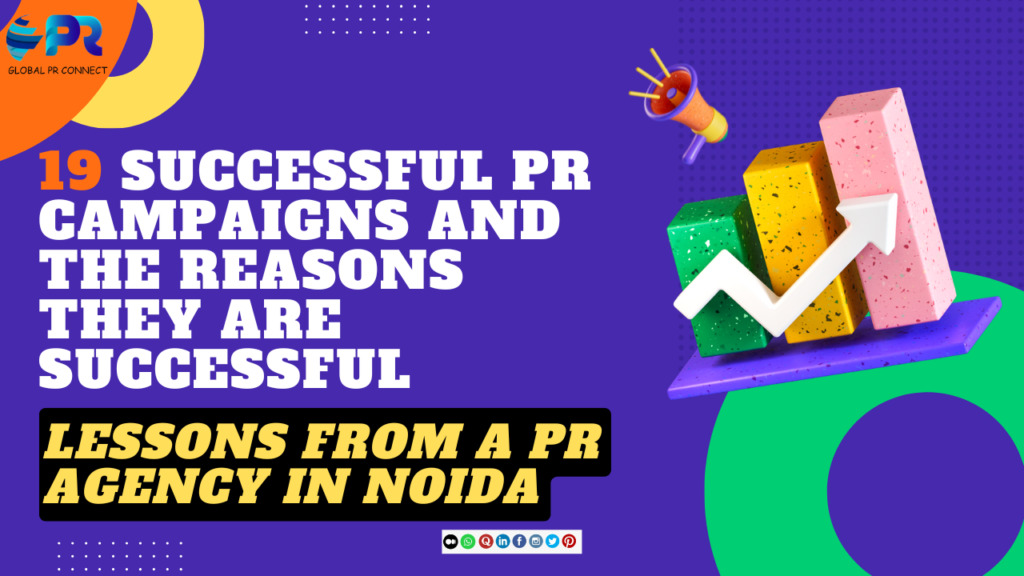
19 Successful PR Campaigns and the Reasons They Are Successful: Lessons from a PR Agency in Noida
November 29, 2024
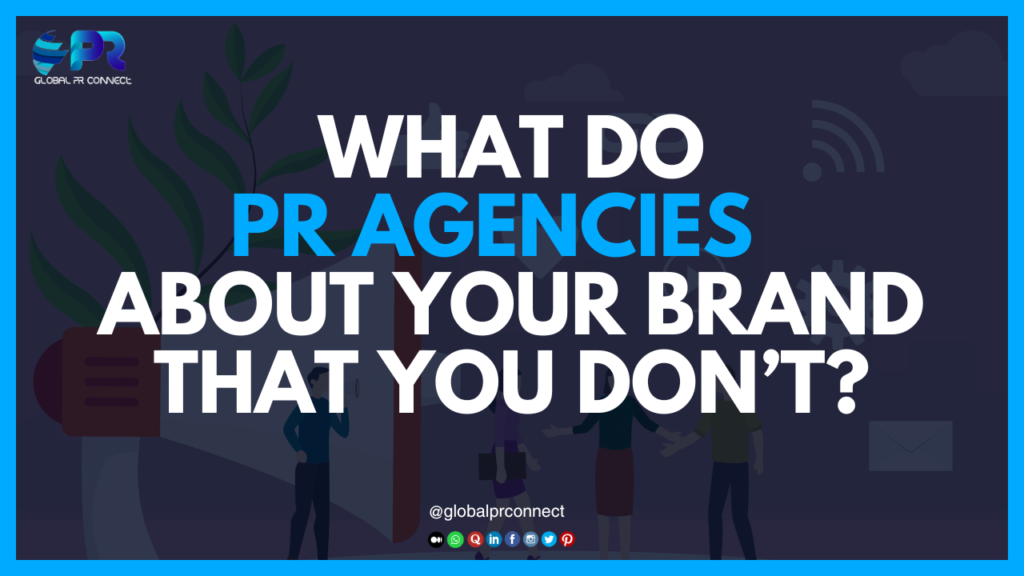
What Do PR Agencies Know About Your Brand That You Don’t in 2024?
November 28, 2024

Innovative PR strategies to launch your startup brand into orbit in 2024.
November 27, 2024
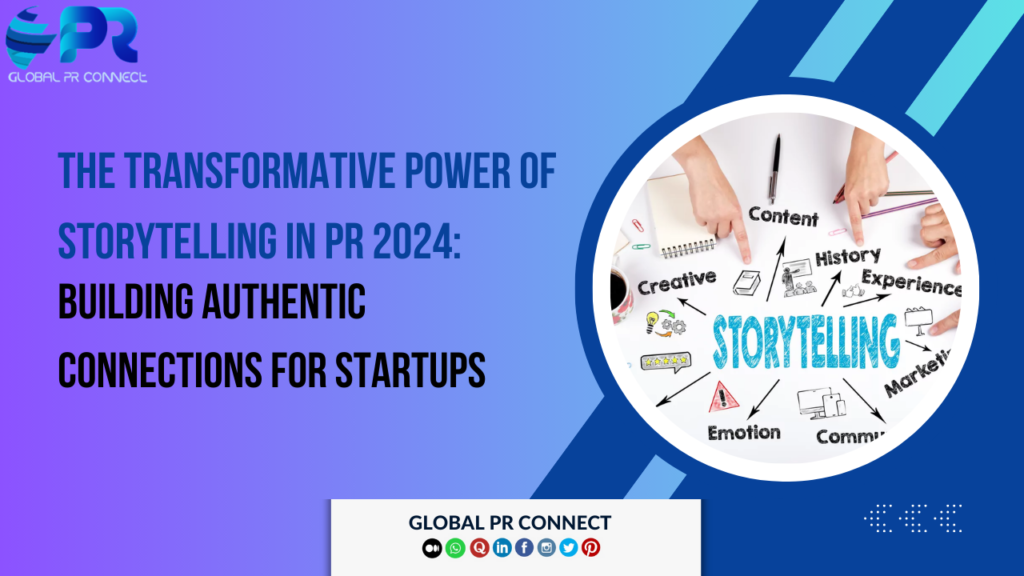
The Transformative Power of Storytelling in PR 2024: Building Authentic Connections for Startups
November 26, 2024

Mastering the Art of PR: Unleashing Powerful Strategies to Empower Startups for Unstoppable Growth in 2024
November 25, 2024
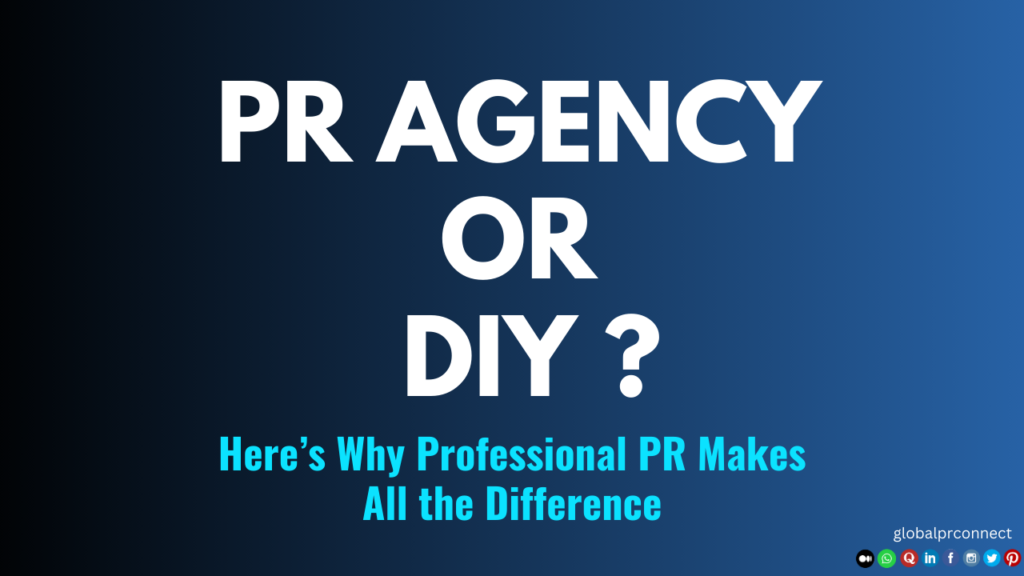
PR Agency or DIY? Here’s Why Professional PR Makes All the Difference – The Smart Choice
November 13, 2024
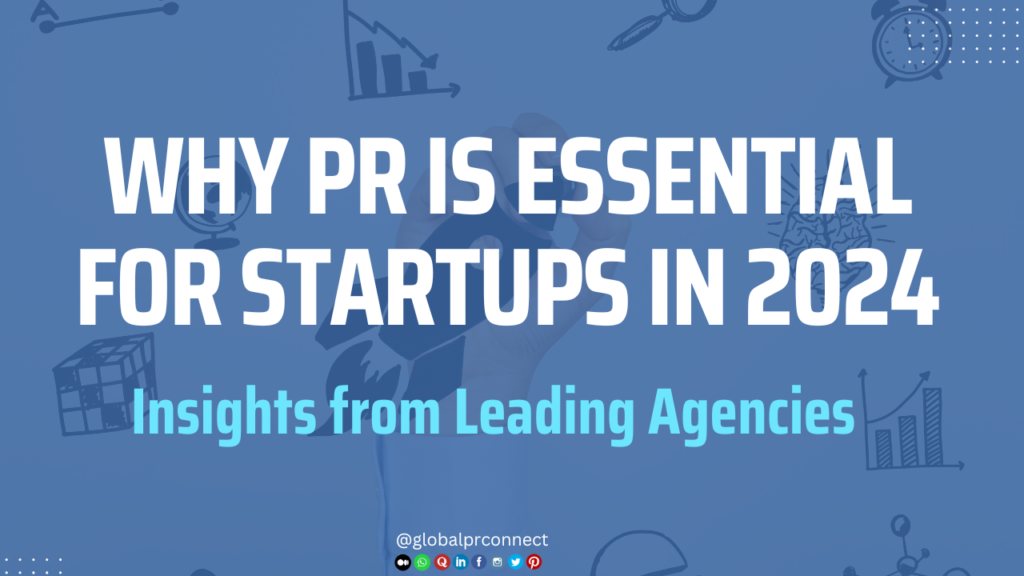
Why PR Is More Important Than Ever for Startups in 2024: Insights from Top PR Agencies
October 24, 2024

How to Get Media Coverage for Your Brand: 6 Expert Tips from Top PR Agencies
October 23, 2024

Top PR Agency in Noida 2024: Boost Your Brand with Expert PR Services
September 3, 2024











 Skip to content
Skip to content